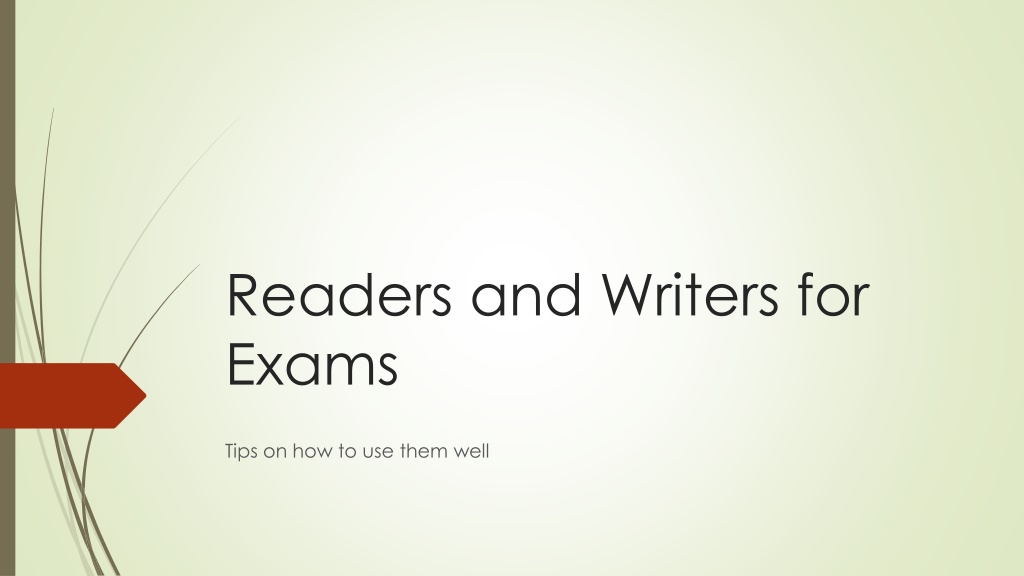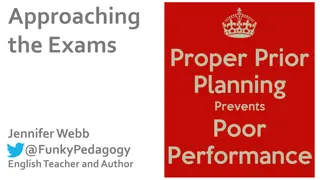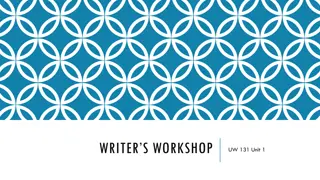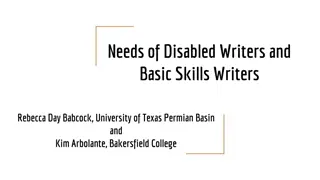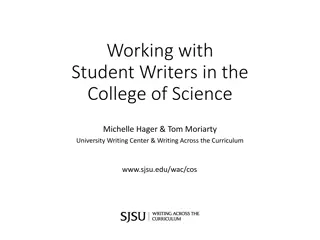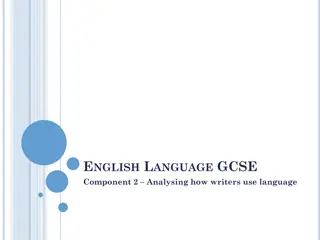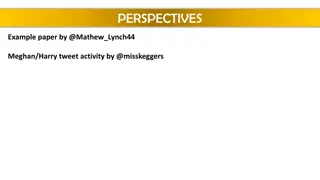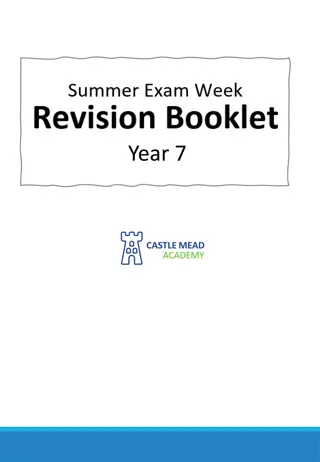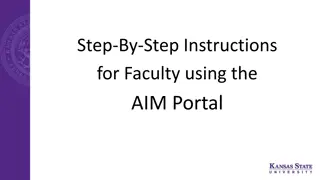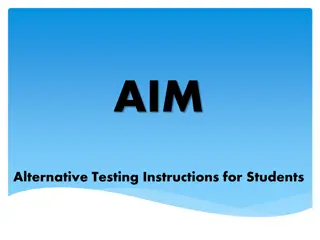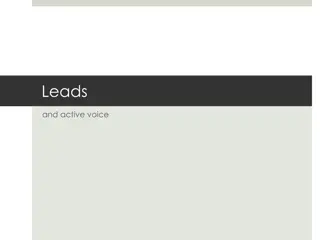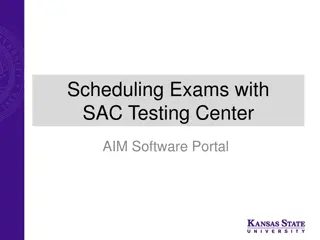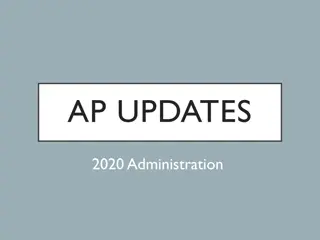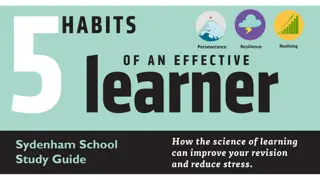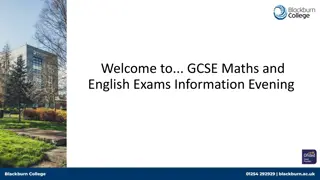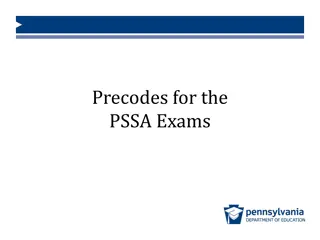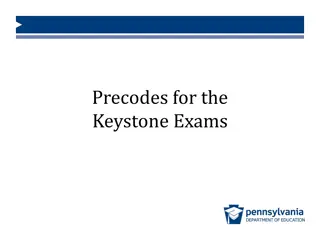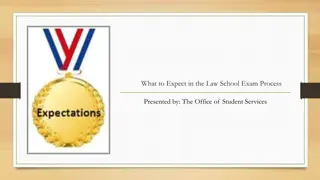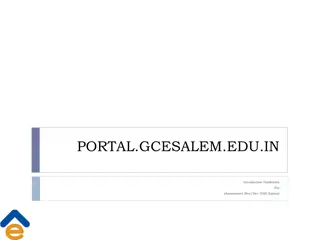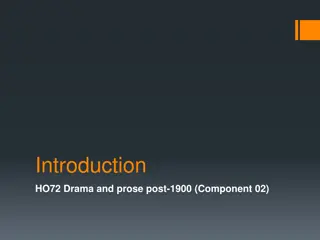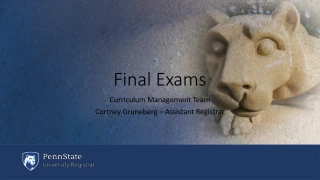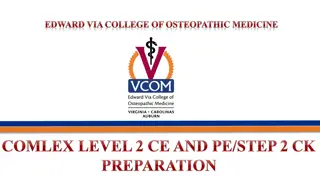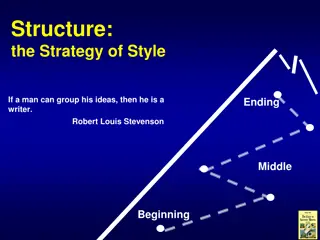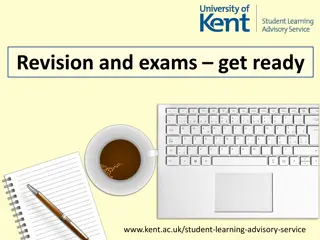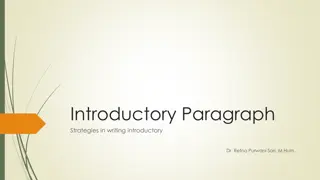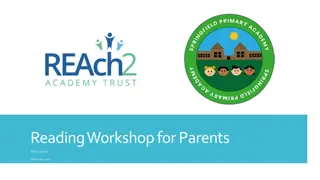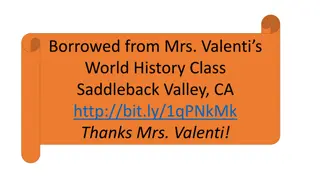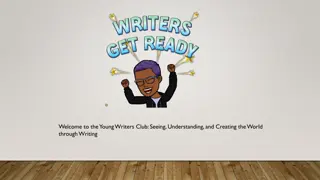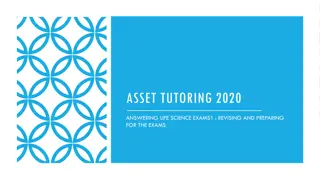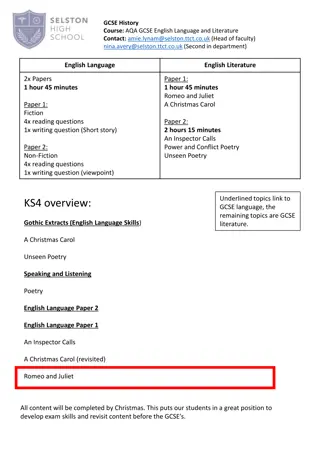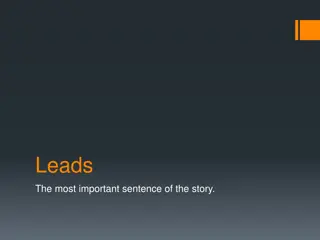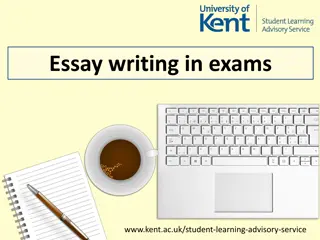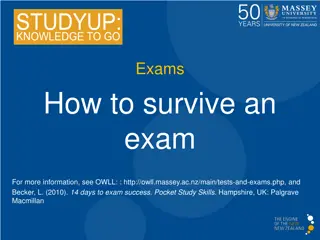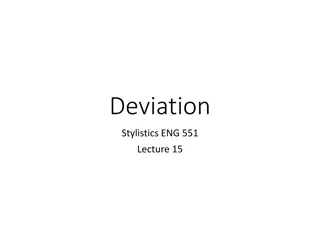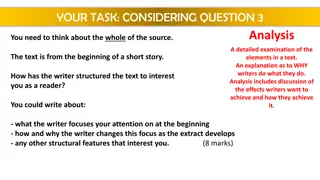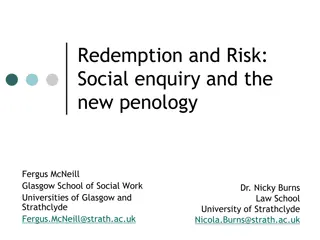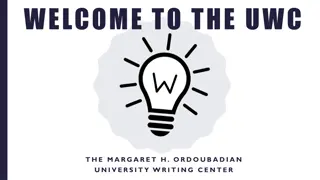Effective Strategies for Using Readers and Writers in Exams
Learn how readers and writers can assist you during exams by decoding text, reading instructions, and more. Discover what they can and cannot do, as well as useful phrases to communicate effectively with them. Explore the benefits of having a scribe for expressing thoughts quickly and effortlessly in exams.
Download Presentation

Please find below an Image/Link to download the presentation.
The content on the website is provided AS IS for your information and personal use only. It may not be sold, licensed, or shared on other websites without obtaining consent from the author. Download presentation by click this link. If you encounter any issues during the download, it is possible that the publisher has removed the file from their server.
E N D
Presentation Transcript
Readers and Writers for Exams Tips on how to use them well
Having a Reader how can it help? A reader can help you decode a text Some people understand a text better when it is read to them It can speed up the time taken to read in exams
What a Reader can do Read back what you have written, if you ask Read numbers printed as figures in words Give you the spelling of a word if it appears on the paper if you ask Read the instructions and questions if you ask In the English Language exam, they can read the questions in the Writing section but not the Reading section It is up to you to make clear what you want them to read, they are not allowed to read anything unless you ask.
What a Reader must not do Use any emphasis or change their tone of voice (it might give you a clue!) Give you spellings if they are not on the paper Explain or make questions clearer, put things in different words In the English Language paper, they can t read any of the questions in the Reading section Tell you or give advice about which questions to do, when to move on or what order to answer questions in Decode any symbols (eg < or >), they just point to these
Useful things you might need to say Can you stop reading there. Wait a minute. Remember it is your exam, your Reader wants to help!
Having a Scribe how can it help? It can help you to express what you want to say more quickly You don t have to worry about spelling You don t have to worry about your handwriting
What a Scribe can do Write or type exactly what you say Draw maps, graphs or diagrams exactly as you tell them to Change what they have written or typed if you ask them to Read back what they have written if you ask them to
What a Scribe must not do Draw for you in a Design exam Help you with answers/ suggest ideas Tell you when an answer is finished Tell you which questions to choose Tell you when to move on to the next question Tell you which questions to do first
Useful things you might need to say Cross that bit out. Can you write a little faster please.
Who should you see if you have questions about your arrangements? Mrs Allen Ross Miss Merckx Mrs Gleave Any questions or comments?
